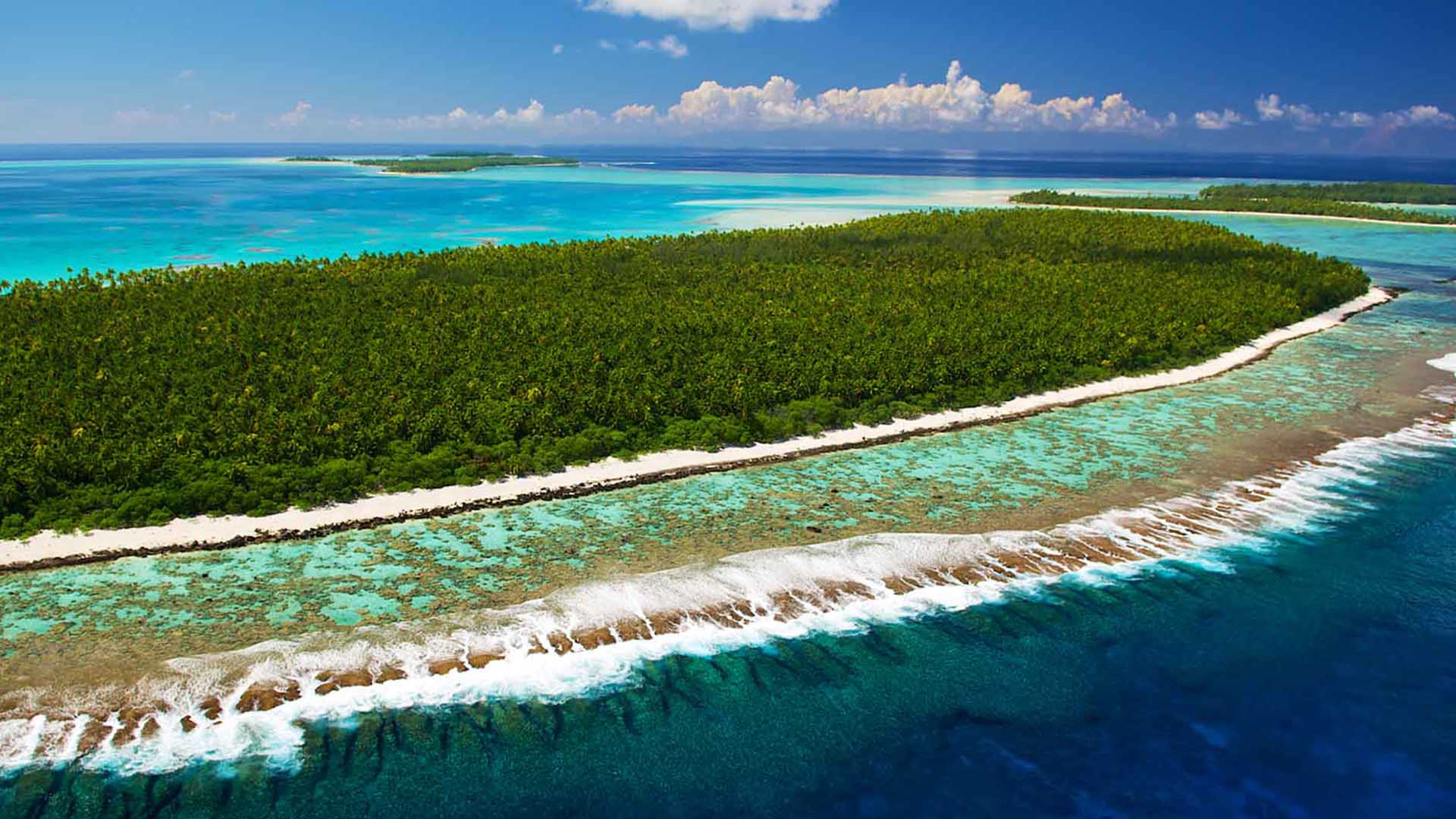Introducing the FAIR Island Project
Maria Praetzellis,

Imagine a dream scenario for Open Data advocates: the field station with an optimal data policy for open access, mandatory registration requirements for all research projects, and data management plans containing controlled vocabularies and identifiers implementing global standards wherever possible. A research institution where all researchers are required to create data management plans (DMPs) for all research conducted at the station and said DMPs are updated as data collection advances. Harnessing the opportunities presented in such a FAIR data utopia, could we build a model system that allows data to be fed across stakeholder systems, linking metadata, repositories and stakeholders and allowing for notifications and verification?
Introducing FAIR Island
Building on the Island Digital Ecosystem Avatars (IDEA) Consortium (see Davies et al. 2016), FAIR Island leverages collaboration between the University of California Gump Station, located on Moorea in French Polynesia, and Tetiaroa Society, which operates a newly established field station located on the atoll of Tetiaroa, a short distance from Moorea.
Tetiaroa is in a unique position to demonstrate how we can advance open science by creating optimal FAIR data policies governing all research conducted at the field station. By implementing mandatory registration requirements including extensive use of controlled vocabularies, personal identifiers (PIDs), and other identifiers, DMPs in this environment will be utilized as key documents for tracking provenance, attribution, compliance, deposit, and publication of all research data collected on the island.
Our primary goal is to develop the optimal data policies and technical infrastructure necessary to create an environment where all data and knowledge collected on Tetiaroa is curated and made openly available as quickly as possible. Longer term, our hope is to extend the policies and infrastructure developed in this partnership to other field stations including those administered by University of California (e.g., through the UC Natural Reserve System). The research community on Tetiaroa is international (France/EU, NZ, UK, US, …) and connects across many scientific networks, thus contributing to the advancement of open science on a global scale.
Our Approach
The invasive, non-native rats present on Tetiaroa provide an initial focal point for our project. Researchers on the island are currently collecting data in advance of a massive rat eradication project and will follow up with additional studies once the species has been removed. These data sets taken together offer the opportunity to examine the ecological responses, across the coupled marine and terrestrial environments, that occur when you remove a keystone species from an ecosystem. The FAIR Island project will utilize the rat eradication project as a real life example from which to map out the data management policies and processes that are required to accelerate the rate at which multidisciplinary data are being collected, released, and made available for reuse.
The FAIR Island project examines the impact of implementing optimal research data management policies and requirements, affording us the unique opportunity to look at the outcomes of strong data policies at a working field station. It also offers a real-world example to prove the capabilities of machine-actionable data management plans (maDMPs) and to analyse the downstream effects of these policies in the resulting release of data. Our goal is to translate the broader FAIR principles into a set of specific requirements and implementable activities that demonstrate how good data management practices and policies accelerate research for the benefit of all stakeholders.
Some questions guiding our work include:
- How can we best transform the DMP workflow to optimize its functionality within a controlled environment?
- What information generated within this controlled environment can we move between systems and workflows?
- What are the minimum set of PIDs and ontologies needed to support interoperability and reusability of data collected at the field station?
How to get involved
Neil Davies, Executive Director of the Gump South Pacific Research Station and VP Science Director of Tetiaroa Society, and Maria Praetzellis, Product Manager of Research Data Management at CDL will be presenting on the project during the Research Data Alliance (RDA) 15th Plenary Meeting in March of 2020. Please join us if you’ll be at RDA or send us an email to meet up at RDA to learn more about the project.
We are also in the process of assembling a data advisory group to provide expertise and guidance regarding the formation of new data policies and corresponding procedures supporting FAIR Island. If you are interested in learning more about this opportunity please reach out and we are happy to share details.
As always, all questions, comments, or advice are welcome: maria.praetzellis@ucop.edu. We look forward to hearing from you!
